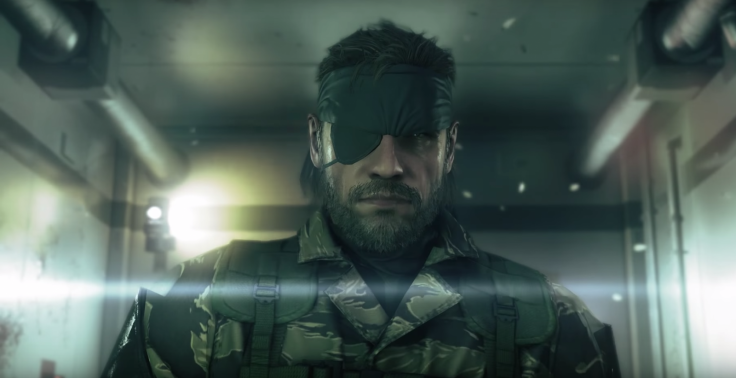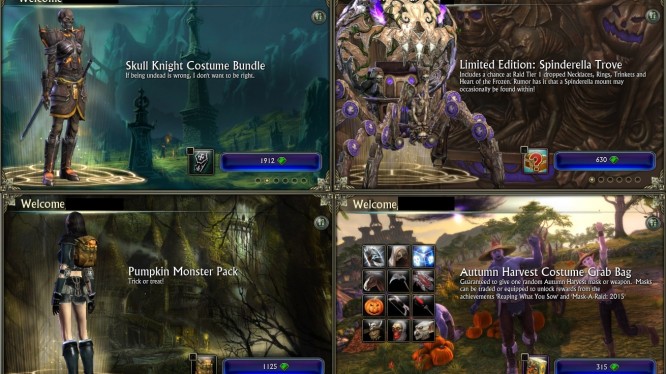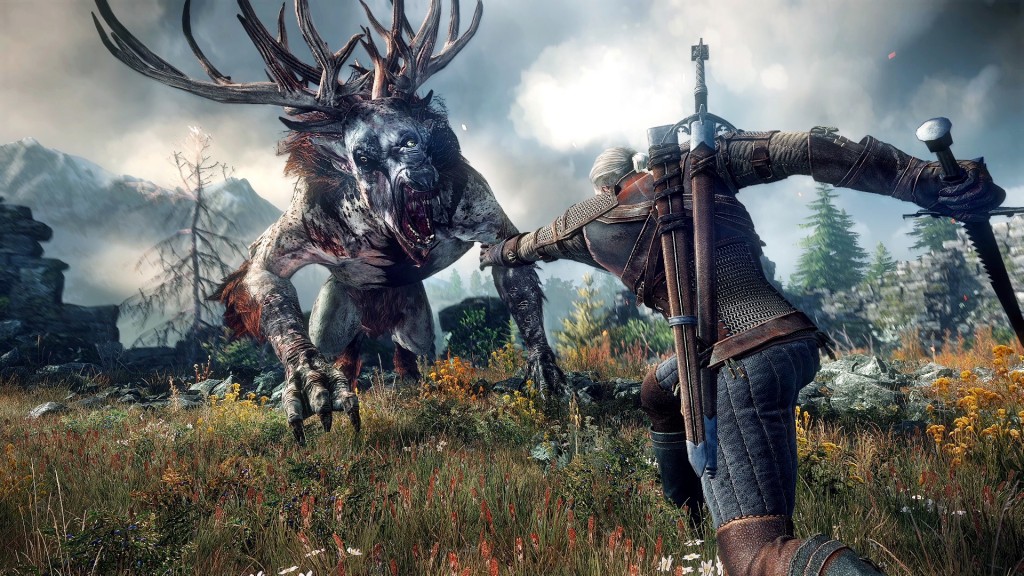

We had a chance to sit down and talk to the developers of Verdun recently. It was a pleasure to speak to them and get some great insight in to the game. Verdun is a really well thought out first person shooter set in World War I. Mike and Matt tell us a bit about the mechanics and inspirations behind the title.
Take a moment to introduce yourself and the History of M2H games.
Matt: So M2H stands for Matt and Mike, we started about 5 years ago but we always had an interest in games. At 15 Mike was already was making web games and I was working on 3D art, we started making 3D games as a hobby and it eventually went so well that we were able to make it our career.
Mike: Verdun is also a collaboration with Jos Hoebe (BlackMill games). He’s another good friend of ours. When he was young he was huge in to the modding community, enjoyed making lots of war game mods, we met him in college and one day when the train broke down and we started talking about a 3D game we wanted to make, when we finished university that game eventually became Verdun.
What makes Verdun unique compared to other FPS on the market.
Mike: Two big things, the world war one theme, generally there’s not a ton of World War one shooters, they tend to be more WW2 theme, the second thing is the “squad co-op play” a mechanic we created. There are squad type game play but nothing really ever empathized playing together over a long period of time.
What kind of content do you have planned for after release?
Matt: There are plenty of new maps to add, you can also expect new squads like the Americans and Belgians. There’s the entire western front yet to add, and of course each squad adds new weapons and abilities.
Mike: and all of the content updates will be offered for no additional charge, we want to make sure the game is alive for a long time to come.
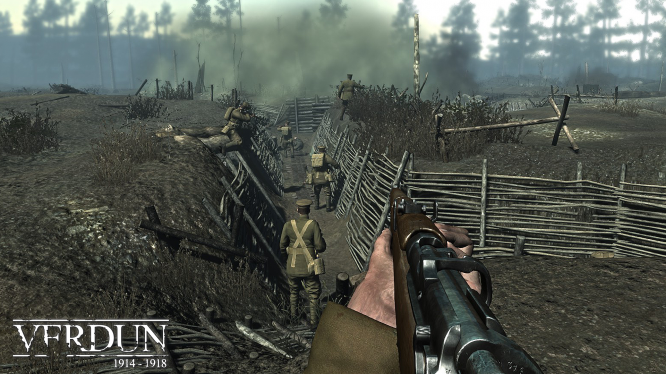
Why did you decide to make a WW1 shooter?
Matt: Why not, it hasn’t really been done before. It’s one of the first dedicated World War One shooters; most developers think it’s too boring too static and not enough weapons. We highly disagree; we think the trench warfare makes for great dynamic gameplay.
Mike: in hind sight I’m really sight I’m really happy with the World war one theme. Shooters are moving towards this future theme, we wanted realism and we wanted players to really understand the game. One shot one kill, no fake stuff just amazing gameplay.
Can you go in to depth on the “Co-Op Squad” features?
Mike: There is no tutorial currently in the game so a lot of people don’t understand it. There are two levels to this; there are different types of squad types. Support squads, melee squads. We force players in to a different type of role to stimulate team work. The other important part of the mechanic is it emphasizes playing with the same people over again. If you have several friends you play with on a nightly basis you will be able to level up your squad together with those players. When you leave and play solo you will be back to level one again. We really wanted to emphasis small community and playing with the same people on a regular basis.
Verdun features a “trench warfare” game mode called frontlines: can you go in to broader detail of what this means as far as gameplay?
Matt: everyone deploys in to a squad of 4. There are 4 squads in a team, 2 teams to a map for a total of 32 players. There is an attacking team and a defending team. The attacking team will attempt to attack the trench by crossing no man’s land. The trench is captured by having the more players in a particular trench. If the attack fails, by the time running out, the roles will then be switched and you will be defending. There are 3 trench lines per map so the game becomes sort of a tug of war.
Are there any other game modes
Matt: There is another game mode, which is a rifle death match type. What we found though was most people played frontlines, so Rifle death match is more of a side game mode, we still wanted our main focus to be on Frontlines. Rifle Death match is really inspired by old LAN games like Medal of Honor that had a lot of Rifle only servers, Verdun has a lot of different rifles. It seemed like a natural fit.
What was the most challenging part of developing Verdun
Mike: probably that we started the idea in 2006, we had never made a 3D game before. We had made small projects and that helped us learn a lot of things needed to make a project of this size. Our ambition got ahead of us and we were a little naïve in the process, trying to make such a huge game with only three people. But in the end I think it turned out great and it was an amazing learning experience
Verdun promotes “realistic” gameplay, what kind of research did you do for this project.
Matt: We had some historians helping us out, we are all World war one buffs, especially Jos, we even visited Verdun, there’s a ton of information on the internet, and we used actual weapon plans for the weapons and used photographs and real world maps to recreate the battlefields as accurately as possible.
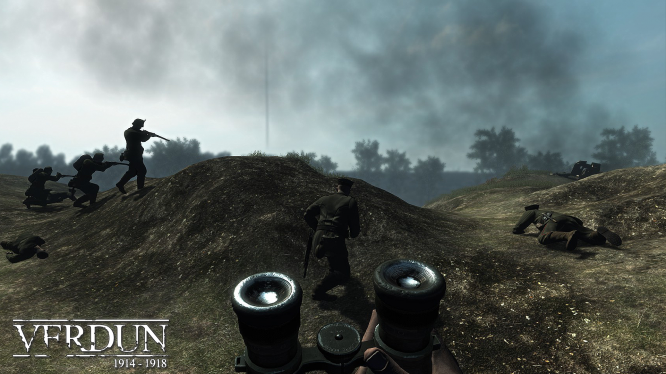
M2H has been very interactive in the community for Verdun, can you give an example of how you implemented player feedback in to the game.
Mike: players really wanted Gas, the entire community really wanted Gas. So we designed an entire gas mechanic to add to the game and the player feedback had been really positive.
Matt: that’s a good example of a major feature, but I read the forum every day. We really try to take player feed back in to consideration, but you can get a good feel by aggregating the comments and finding new features and small changes to make
Verdun has been in early access for quite awhile, what features are left until its ready for final release?
Mike: we are really focusing on polish at this point. All the main features are still in. There’s a lot of small stuff like bugs and fixing some rare crashes. The game launches in February so right now we aren’t focusing on new content and making sure the game feels as complete as possible.
Matt: we are finishing up the content and really fixing any bugs in the game so it’s an enjoyable and immersive experience for everyone.
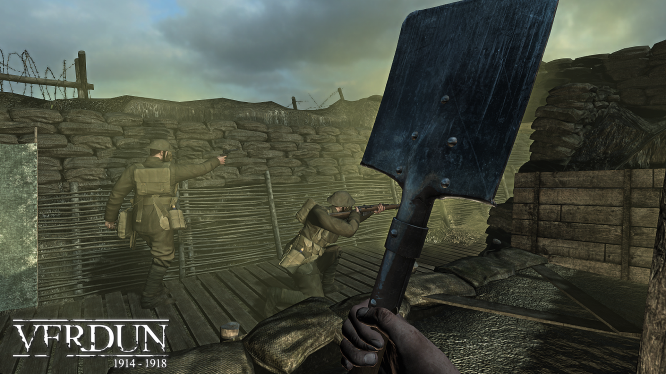
Verdun was developed with such small team; tell us what that’s been like
Matt: it’s been long! It took a lot of time and effort, so we have been working on it for a long time and it was really hard because when we first started the project we were all in still university. It was really frustrating
Mike: In the last six months or so we have been scaling up, we have about 5 or 6 full time staff members at this point, the early access revenue has really allowed us to speed up the massive development process and make the game a bit more manageable, but it was really cumbersome at first.
Do you have any last words for our readers?
Matt: you can find the game on steam, although the game is in early access it’s still very playable, even if you buy it now you will have access to everything coming out in the future
Mike: It also gives you the opportunity to be part of the process, we really listen to player feedback and we aren’t hard to find or communicate with, you can often find us in game! So we hope to see you in Verdun.
